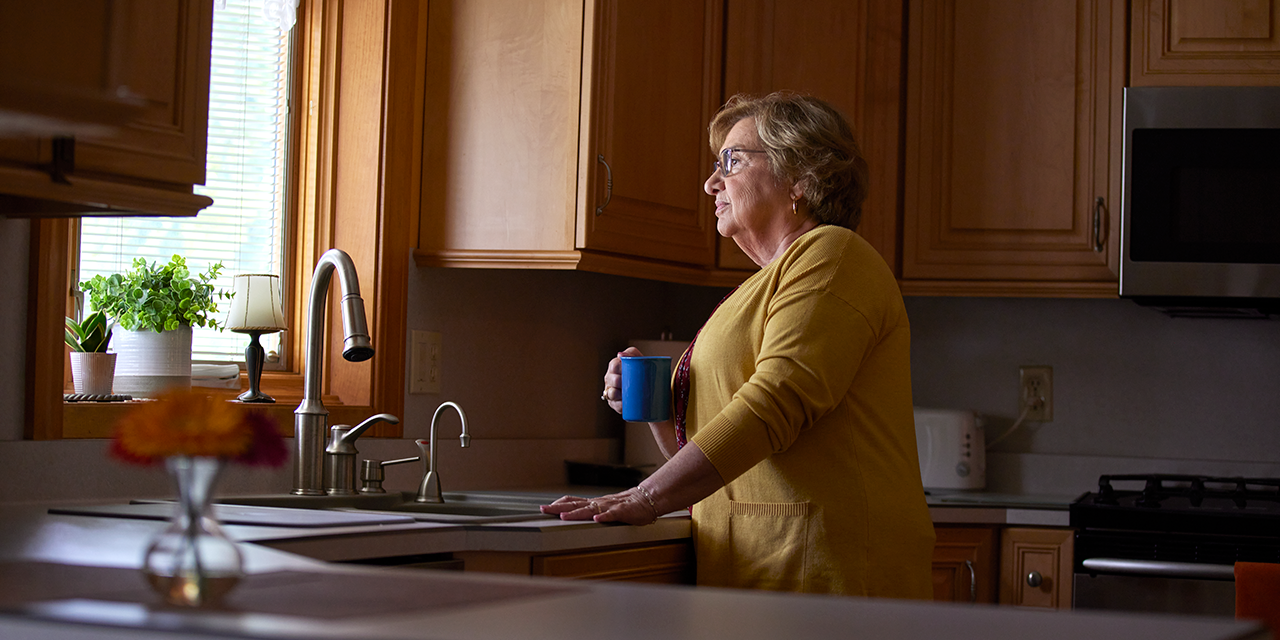Socialization is essential to our physical and mental health, yet almost one-fourth of adults 65 and older are considered socially isolated according to the CDC. Because seniors are more likely to live alone, suffer from chronic illness, or lose family and friends, they are more at risk of social isolation. Loneliness is the negative emotion we feel when we are socially isolated, while social isolation is the actual lack of social contact and engagement with others.
How Socialization Affects our Health
Research shows that people who lack social connection are more likely to engage in unhealthy habits and have shorter life spans than those who are social. While loneliness can affect anyone, it is becoming more widespread among older Americans.
“The research on the impact of loneliness on the elderly is very clear and compelling. Social isolation has been proven detrimental on physical health, but even more serious to the frail seniors we serve is the impact on mental well-being. Loneliness can increase symptoms of anxiety and depression. As people are living longer, we are seeing a tremendous increase in Alzheimer’s disease, and that progression accelerates in patients experiencing social isolation.
The reverse is also true: elders who engage in social activities have better mental health and may have slower disease progression, allowing them to live longer, more fulfilling lives.
As we age, we may experience the death of a spouse, or the loss of friends. We may lose our ability to drive. Functional decline may make it difficult to leave our homes to gather and socialize. At the LIFE program, we are focused on the goals and needs of each individual. We try to minimize the effects of social isolation. We encourage our patients to attend our day center, where they can interact with other people and get involved in a variety of activities. We provide transportation to and from the center. We get to know each patient as an individual. We know their family structure, their living environment, and the communities they live in. Our care team who see them in the home and at our center become extended family members.
Our results speak for themselves: our patients spend less time in hospitals and nursing homes, and more time living their remaining years in their home and communities. LIFE becomes an important part of that community.”
In addition to an increase in cognitive decline, isolation in seniors may increase their risk of chronic lung disease, high blood pressure, coronary heart disease, stroke, obesity, malnutrition, arthritis, and suicide. Because of the negative outcomes associated with loneliness, it is essential we treat isolation as we would other chronic conditions or diseases.
Stay Connected
Many forms of technology allow face-to-face connection, even if you aren’t together in person. If you have an elderly loved one, try to check in on them when you can. If your loved one doesn’t live nearby, using this technology to do virtual calls is another great way to connect.
The caregivers at LIFE are focused on your loved one’s well-being, which includes checking in on their mental health. Along with a series of activities focused on encouraging socialization, they also offer skilled nursing and rehabilitation services to meet their healthcare needs when visiting our centers. Participants have access to a continuum of care in a supportive environment, while still enjoying their independence.
If you or a loved one are interested in learning more about Catholic Health’s LIFE program, we’re here to help. Visit our website, or call (716) 819-5433 to request more information.





